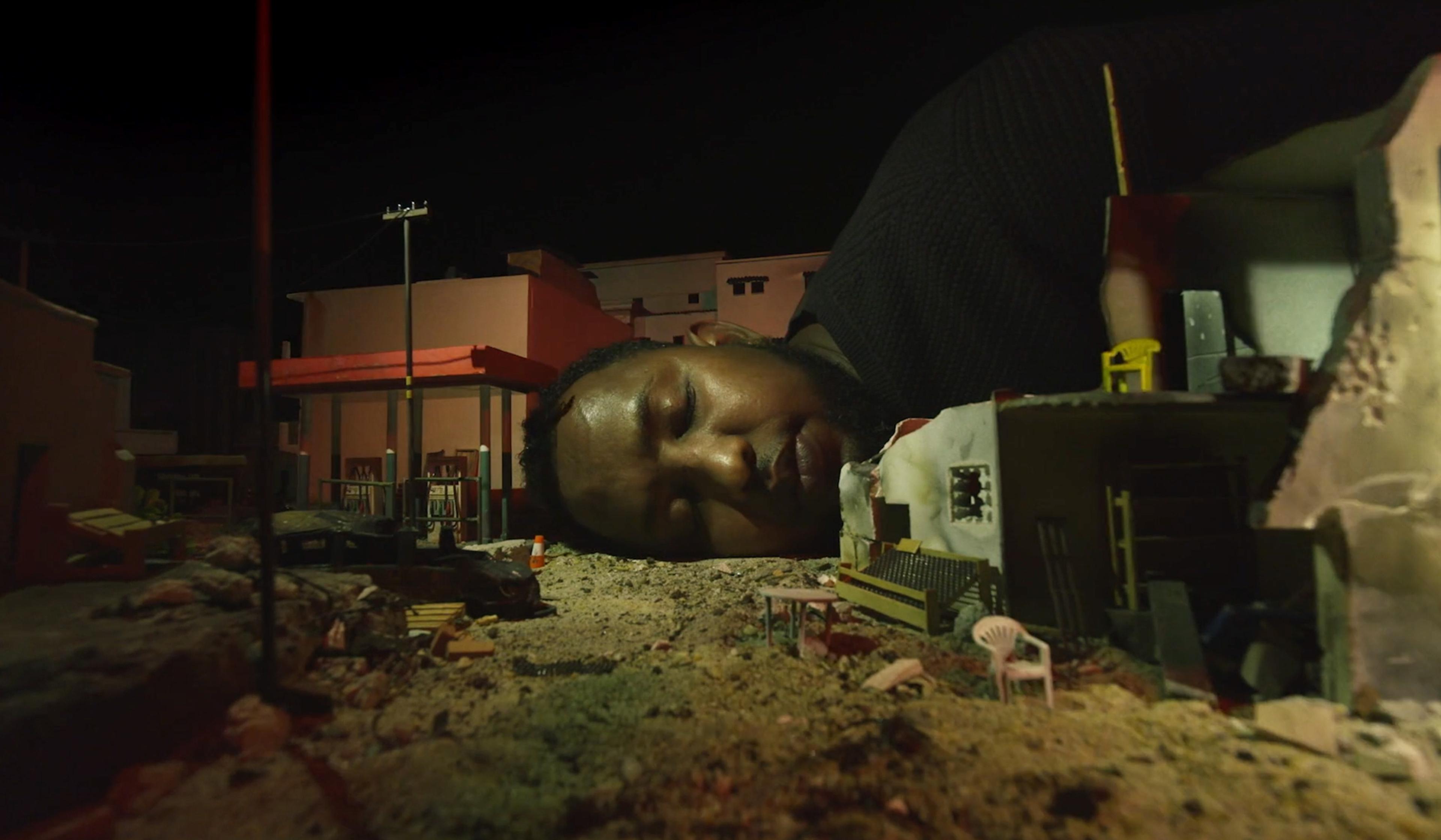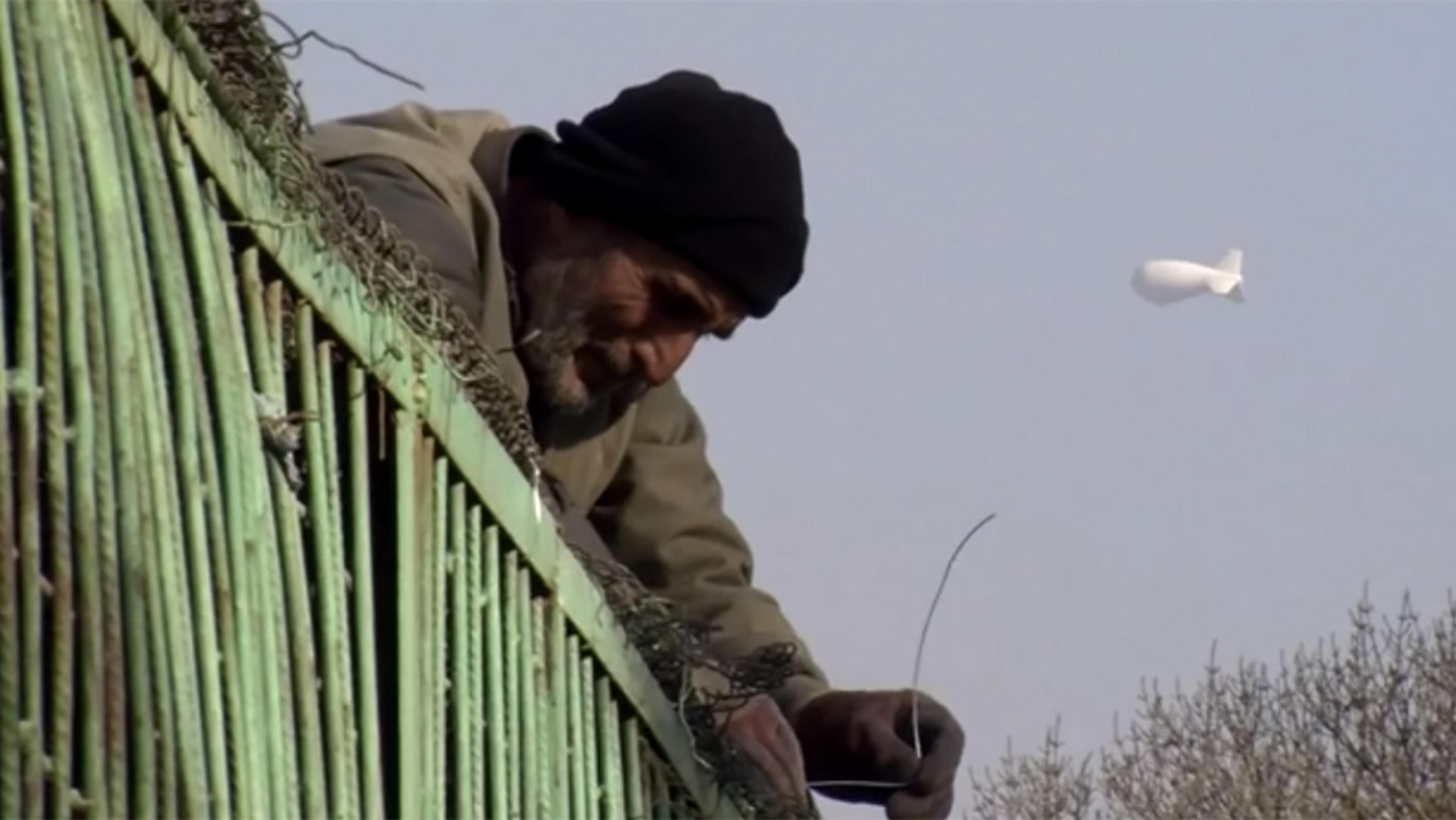‘The bunkers are our cathedral, our scar. They are part of our face.’
Enver Hoxha, the communist leader of Albania from 1944 to his death in 1985, left a complex legacy of industrialisation, isolationism, paranoia and economic stagnation in his wake. In addition to purging political rivals, Hoxha believed that his country risked being invaded by any number of perceived foreign foes, including NATO forces and former Soviet bloc allies. In preparation for an invasion that never came, Hoxha sunk much of the country’s resources and manpower into building some 750,00 bunkers throughout Albania, even as many of his people struggled to meet their most basic needs. Mushrooms of Concrete explores the contemporary lives of these ‘bunkers of an imaginary war’. Still omnipresent throughout the Albanian countryside, today they exist as monuments of a difficult past, even as some have been transformed into storage facilities, tourist attractions, clubs and restaurants.








